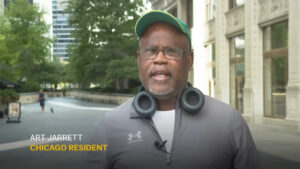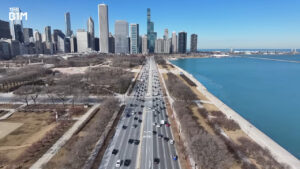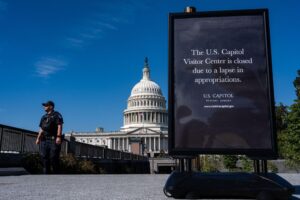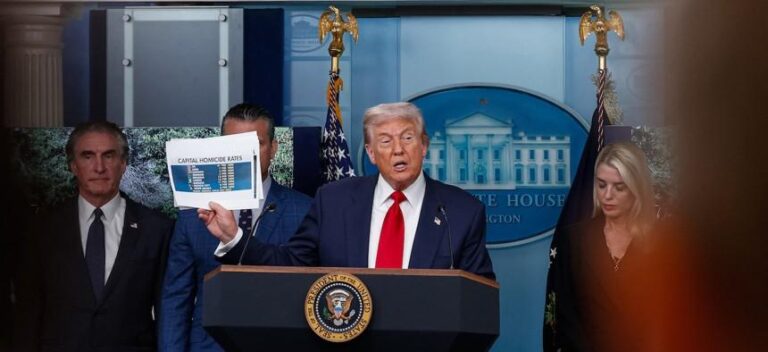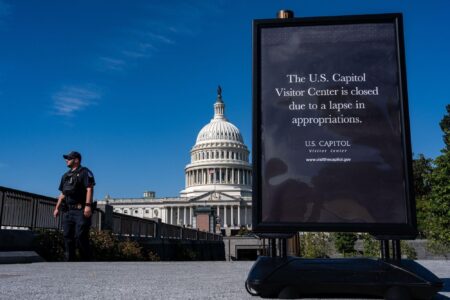Examining Former President TrumpŌĆÖs Attempt to Influence Law Enforcement in Washington, D.C.
In recent developments within Washington, D.C.’s law enforcement sphere, former President Donald Trump is pursuing a contentious initiative aimed at gaining influence over the cityŌĆÖs police and security forces. This endeavor spotlights the intricate legal and political dynamics that define federal authority in the nationŌĆÖs capitalŌĆöa jurisdiction uniquely shared between local governance and federal oversight. Analyzing what powers Trump realistically holds, alongside the constraints he faces, sheds light on the delicate interplay among the executive branch, local officials, and law enforcement agencies. This article explores the statutory frameworks, historical context, and potential consequences tied to TrumpŌĆÖs efforts to shape policing in Washington, D.C.
Understanding the Legal Boundaries of Federal Control Over D.C. Policing
Although Trump has voiced ambitions to steer law enforcement operations in Washington, D.C., his legal capacity to do so is significantly limited. The DistrictŌĆÖs governance model is distinctive, combining local self-rule with federal jurisdiction due to its status as the capital. Federal law enforcement bodies such as the U.S. Park Police and the Capitol Police operate alongside the Metropolitan Police Department (MPD), which is managed by local authorities. Any attempt to federally commandeer the MPD would require congressional legislation or executive directives subject to judicial scrutiny and political resistance.
Several key factors restrict unilateral federal intervention:
- Legislative Authority of Congress: Congress retains the ultimate power to regulate D.C., including its police forces, serving as a check on executive overreach.
- Local Governance Rights: The Mayor and D.C. Council possess substantial control over the MPD, supported by established court rulings affirming home rule.
- Judicial Safeguards: Courts have consistently defended the balance between federal interests and local autonomy, limiting federal encroachment on D.C.ŌĆÖs police management.
| Law Enforcement Entity | Jurisdiction | Oversight Authority |
|---|---|---|
| Metropolitan Police Department | Local District of Columbia | D.C. Mayor and Council |
| U.S. Park Police | Federal lands within D.C. | Department of the Interior |
| Capitol Police | Capitol Complex | U.S. Congress |
The Influence of D.C.ŌĆÖs Elected Leaders on Policing Policies
Authority over policing in Washington, D.C. is primarily vested in the cityŌĆÖs elected officials, creating a governance structure that often navigates tensions between local autonomy and federal oversight. The Mayor and D.C. Council are responsible for establishing policing strategies, supervising the MPD, and managing its budget. However, because Congress holds ultimate legislative power over the district, any external attemptsŌĆöincluding those by the PresidentŌĆöto directly control local law enforcement without congressional consent face significant legal and political barriers.
Core elements of D.C.ŌĆÖs governance framework include:
- Local Leadership: The Mayor appoints the Police Chief and sets policing priorities in collaboration with the Council.
- Congressional Review: Congress can veto local laws and budget allocations affecting police operations.
- Federal Agency Coordination: Federal law enforcement agencies operate within D.C. but must coordinate with local authorities.
| Authority | Responsibilities |
|---|---|
| Mayor | Police leadership and local law enforcement policy |
| D.C. Council | Legislative authority and budget approval |
| Congress | Ultimate oversight and control of federal funding |
| President | Limited direct influence; requires congressional collaboration |
Federal Intervention: Legal Constraints and Effects on Local Governance
Intervening in D.C.ŌĆÖs local law enforcement presents a complex legal landscape. While the President can direct federal agencies such as the U.S. Park Police or Capitol Police, this authority does not extend to commanding the MPD without congressional authorization. Deploying federal forces in the district risks straining relations between local officials and federal authorities, potentially undermining local governance and community trust.
Important limitations and possible outcomes include:
- Congressional Approval Required: Major changes to policing in D.C. generally need congressional consent due to the districtŌĆÖs unique status.
- Legal Restrictions: The President cannot unilaterally control or disband the MPD without violating home rule laws.
- Community Relations: Federal takeovers may provoke public backlash, disrupting ongoing local reform initiatives.
- Political Consequences: Such actions could set precedents affecting federal-local relations nationwide and influence broader political dynamics.
| Federal Action | Authority Status | Effect on D.C. Governance |
|---|---|---|
| Deployment of U.S. Park Police | Authorized | Minimal impact on local police operations |
| Command over Metropolitan Police | Unauthorized | Contravenes home rule statutes |
| Issuance of Federal Security Directives | Conditional | Requires congressional approval |
| Enforcement of Federal Laws | Permitted | Supersedes local enforcement only in federal matters |
Strategies for Harmonizing National Security and Local Self-Governance
Maintaining a balance between protecting national interests and honoring local governance demands thoughtful policy approaches. Federal agencies should emphasize open collaboration with D.C.ŌĆÖs elected officials, customizing security efforts to the districtŌĆÖs specific context without undermining democratic processes. Supporting local law enforcement through resources and intelligence sharing, rather than imposing direct control, helps preserve community trust and accountability. Clear communication channels and shared responsibilities are essential to avoid conflicts that could weaken both security and civil liberties.
Recommended approaches include:
- Integrated Task Forces: Combining federal, local, and regional personnel for unified responses.
- Transparent Oversight: Establishing regular public review mechanisms to ensure accountability.
- Legal Compliance: Ensuring federal actions respect constitutional limits and D.C.ŌĆÖs home rule provisions.
| Approach | Advantages | Challenges |
|---|---|---|
| Collaborative Leadership | Fosters mutual trust | May slow decision-making processes |
| Federal Training Support | Enhances law enforcement capabilities | Risk of local dependency on federal resources |
| Strengthened Oversight Boards | Ensures transparency and accountability | Potential for political disputes |
Final Thoughts
As Donald Trump continues to navigate the complex legal and political environment surrounding his efforts to influence law enforcement in Washington, D.C., the boundaries of his authority remain well-defined. Despite attempts to assert control through appointments or policy initiatives, statutory restrictions and the districtŌĆÖs governance structure impose significant limits. A clear understanding of the power distribution in the nationŌĆÖs capital is crucial to appreciating the broader ramifications of TrumpŌĆÖs ambitions and the obstacles they encounter moving forward.
